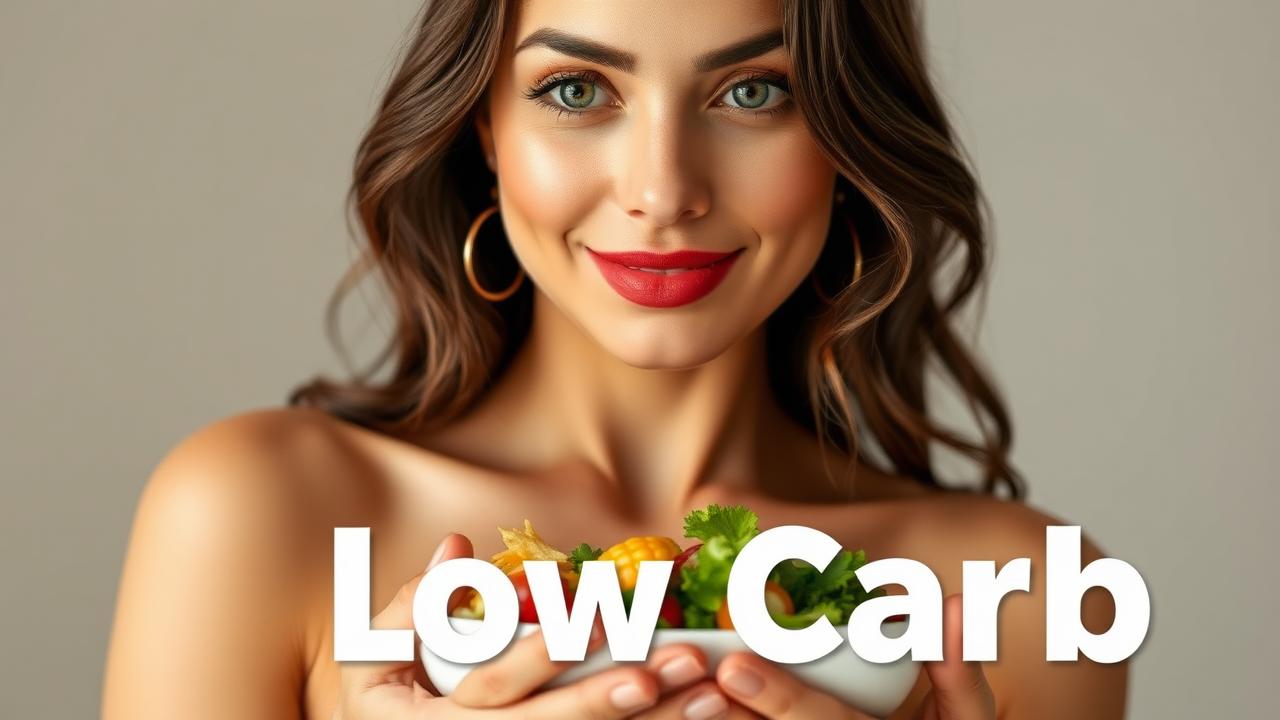Understanding Vitamin D Deficiency
Vitamin D plays a crucial role in maintaining our body’s health, impacting everything from bone density to our emotional well-being. A deficiency can manifest in various ways, including increased sweating, particularly of the scalp, as well as more serious health concerns like weakened bones. Addressing this deficiency is vital to maintaining an overall stable and healthy lifestyle.
One of the most significant impacts of Vitamin D deficiency is its effect on skeletal health. Without adequate levels of this vitamin, bones can become brittle and prone to fractures, as the body struggles to maintain calcium homeostasis. Awareness and proactive management are key to preventing these issues. Proper sun exposure and dietary supplements can be effective solutions in combating Vitamin D deficiency.
The Connection Between Vitamin D and Sweating
An interesting sign of Vitamin D deficiency is excessive sweating, a symptom that often goes overlooked. Our bodies might sweat more as a compensatory mechanism to regulate internal temperatures due to low Vitamin D levels. Recognizing this early can help prompt individuals to seek professional medical advice before more severe symptoms develop.
Understanding this connection helps in highlighting the necessity of regular medical check-ups. Consistent monitoring enables the detection of such subtle symptoms, thereby allowing for timely intervention. Moreover, understanding the underlying science can empower individuals to make informed health decisions.
Impact of Vitamin D on Bone Health
See today’s top solution for balance & energy
Gentle guidance trusted by our community.
Vitamin D is paramount for bone health. It aids in the absorption of calcium, which is crucial for the development and maintenance of strong bones. Insufficient Vitamin D can lead to bone diseases like osteoporosis, which weakens bones and increases fracture risk. Ensuring adequate intake of this vitamin becomes increasingly important, especially in older adults.
Recent studies underscore the necessity of maintaining optimal Vitamin D levels. Supplementation can significantly boost bone mineral density in individuals with low levels. As such, consulting with healthcare providers to determine precise dosage based on individual health status and lifestyle is advised.
Vitamin D Sources and Supplements
Achieving optimal Vitamin D levels may require a multipronged approach, including dietary changes, supplements, and lifestyle modifications. Foods rich in Vitamin D, such as fatty fish, egg yolks, and fortified dairy products, can be excellent sources. However, supplements may be necessary for those unable to derive adequate levels from diet and sunlight alone.
When considering supplementation, it is essential to consult healthcare professionals to avoid excess intake, which can have adverse effects. Personalized advice can lead to a balanced approach, ensuring health benefits without risks associated with overconsumption.
The Importance of Regular Sun Exposure
Sunlight is a natural and abundant source of Vitamin D, catalyzing its synthesis within the skin. Regular and safe sun exposure can help maintain adequate levels, though factors such as skin type, geographical location, and time of year play a role in its effectiveness. It’s vital to balance sun exposure with skin cancer risks.
Employing strategies such as spending short periods outside during midday, when UVB rays are most effective, can help stimulate Vitamin D production. Protective measures, including using sunscreen and wearing hats, can also protect against harmful UV rays while reaping sunlight benefits.
Integrating Vitamin D Awareness into Daily Routines
Making Vitamin D management part of your daily routine can be straightforward and beneficial. Tracking sun exposure, investing in quality supplements, and maintaining a balanced diet are steps that ensure long-term health benefits. Lifestyle integration not only boosts physical but also mental well-being.
Keeping abreast of the latest research and partnering with healthcare providers can further aid in achieving desired health outcomes. Empowerment through education fosters a proactive approach, resulting in a healthier lifestyle and better prepared for future challenges.
FAQ
What are the signs of Vitamin D deficiency?
Vitamin D deficiency can manifest through various symptoms including increased fatigue, muscle weakness, bone pain, and even mood changes like depression. Recognizing these signs is vital in seeking timely intervention and appropriate treatment measures.
Can too much Vitamin D be harmful?
Yes, excessive Vitamin D can lead to toxicity, which might result in hypercalcemia—a condition where calcium builds up in the blood, potentially causing nausea, vomiting, weakness, and serious kidney problems. It’s important to maintain a balanced intake.
How much sunlight is needed for adequate Vitamin D?
The duration and intensity of sunlight required can vary depending on geographic location, skin type, and the time of year. Generally, about 20-30 minutes of midday sunlight exposure several times a week is considered sufficient for most individuals, but factors like sunscreen and clothing can affect this synthesis.
Should I take Vitamin D supplements?
Whether or not you should take Vitamin D supplements depends on your individual health needs, lifestyle, and dietary habits. Consulting with a healthcare provider can provide personalized guidance to determine if supplementation is required and what dosage would be most beneficial for you.
What are the best dietary sources of Vitamin D?
Fatty fish such as salmon and mackerel, egg yolks, fortified milk, and some mushrooms are among the best dietary sources of Vitamin D. Including these foods in your diet can help boost your Vitamin D levels naturally alongside safe sun exposure.
Watch the Video:
See today’s top solution for balance & energy
Gentle guidance trusted by our community.

